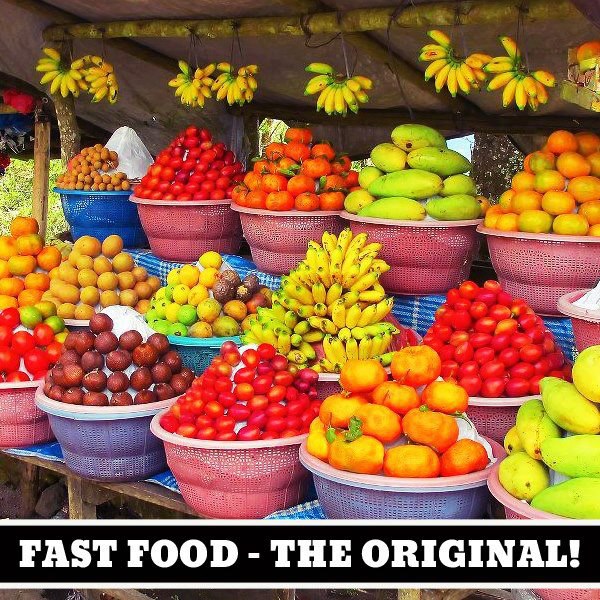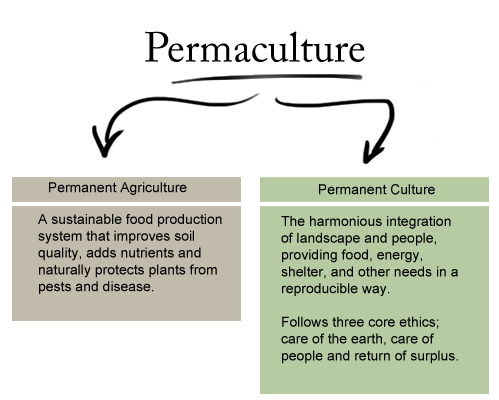WASHINGTON, June 28, 2013/African Press Organization (APO)/ – Since coming into office in 2009, President Obama has made global food security a foreign policy priority. At last year’s Camp David G-8 Summit, President Obama joined with other G-8 leaders, African heads of state, the African Union and private sector leaders in launching the New Alliance for Food Security and Nutrition, with an ambitious pledge to lift 50 million people out of poverty in sub-Saharan Africa by 2022.
Over the last year, the President also welcomed the commitment of the American people to food security and improved nutrition — U.S. based non-governmental organizations themselves pledged more than $1 billion over three years in private funding for food security activities globally, and $750 million over five years for nutrition programs, including those aimed at supporting children in the critical 1,000 days from a woman’s pregnancy to her child’s second birthday.
New Alliance for Food Security and Nutrition
The New Alliance combines policy reforms, targeted assistance and private sector investments to fuel the growth of Africa’s agriculture economies, link smallholder farmers to markets, increase incomes and improve nutrition. During its first year, private sector companies – small and large, from Africa and around the world – signed letters of intent to invest more than $3.7 billion in New Alliance countries, and the number of countries participating tripled as founding New Alliance partners Ethiopia, Ghana and Tanzania welcomed first Burkina Faso, Cote d’Ivoire and Mozambique and then Benin, Malawi, and Nigeria. Each of these countries has negotiated rigorous Country Cooperation Frameworks for accelerating investment that set forth policy reforms, private investment intentions, and donor commitments to align predictable assistance flows behind recipient country priorities. Senegal is slated to join the New Alliance in the fall of 2013.
Country Progress: New Alliance countries have already made significant progress. Ghana Nuts, once a recipient of U.S. Government development assistance, is now a leading agro processor and signed a letter of intent under the New Alliance to promote soya and expand maize procurement and processing in Ghana. The Government of Tanzania’s decision this year to end a longstanding export ban on maize, rice and other crops will help rural farmers collect fair prices for their harvests. In Ethiopia, DuPont has opened a state-of-the-art seed processing plant and warehouse that will help 35,000 smallholder maize farmers increase their yields by as much as 50 percent. And just eight months after officially joining the New Alliance in September 2012, Mozambique, Cote d’Ivoire and Burkina Faso have also begun implementing key policy reforms to improve efficiency and transparency and boost the incomes of smallholders employed throughout the agriculture sector.
Private Investment: More than 70 global and local companies have committed to invest over $3.7 billion in these first six countries to, for example, increase smallholder incomes by expanding seed production and distribution, establish small-scale irrigation systems, and source local food for national, regional, and global supply chains. A recent report by Grow Africa, an African-led, multi-stakeholder initiative jointly convened by the African Union, NEPAD and the World Economic Forum, estimates that more than $60 million has been invested over the past year to help link smallholder farmers to commercial markets, with some 800,000 people reached through training, services, and market access.
Leadership: Participants in the New Alliance including the G-8, the African Union and the World Economic Forum formed a Leadership Council following the Camp David G-8 Summit in order to drive further progress and accountability in reaching the goals of the New Alliance. The Council meets regularly and includes both private sector and civil society representatives.
Accountability: All New Alliance partners commit themselves to follow the Voluntary Guidelines on the Responsible Governance of Tenure of Land, Fisheries, and Forests (“the Voluntary Guidelines”) and the principles of Responsible Agricultural Investment (RAI). As well, New Alliance partners have committed to accountability through regular progress reports and the establishment of the Leadership Council to track impact and progress of the New Alliance.
The Obama Administration’s Global Leadership on Food Security
Mobilizing the International Community: The United States has helped to forge a strong and swift global response against hunger and food insecurity. President Obama’s pledge at the G-8 Summit at L’Aquila of at least $3.5 billion over three years helped to leverage and align an additional $18.5 billion – for a total of over $22 billion – in support of a common approach. The United States was instrumental in the development of five key principles that were subsequently adopted at the Rome World Food Security Summit in November 2009. Now known as the Rome Principles, these principles constitute the foundation for collective, global action on agricultural development and food security.
Feed the Future: Launched in 2010, Feed the Future is the U.S. Government’s global hunger and food security initiative. With a focus on smallholder farmers, particularly women, and building on the standard set by the African Union when its members committed to develop comprehensive food security plans, Feed the Future is driven by country-led priorities and rooted in partnership with governments, other donor organizations, the private sector, and civil society to enable long-term success. In addition to supporting national plans and investing in science and innovation, Feed the Future is investing in support of a goal to reduce the prevalence of poverty and stunting by 20 percent in the areas where Feed the Future works. Today Feed the Future is releasing its 2013 Progress Report (www.feedthefuture.gov/progress), demonstrating that in 19 focus countries, Feed the Future has:
helped over 7 million smallholder farmers adopt improved agricultural technologies or practices;
brought nearly 4 million hectares of land under improved cultivation and management practices;
helped increase the value of exports of targeted commodities by $84 million;
forged over 660 public-private partnerships to improve food security locally and globally;
increased the value of agricultural and rural loans by more than $150 million.
The Commitment of the Millennium Challenge Corporation (MCC): With its country-owned approach to development, MCC has invested $2.4 billion in food security solutions developed, implemented, and owned by African governments themselves. MCC is supporting the priorities of African governments to make agricultural markets work, strengthen land rights, and improve infrastructure by funding 1,600 kilometers of roads, irrigation for over 118,000 hectares, and legal recognition for more than 1.2 million hectares of rural land. As food security cannot be achieved without private investment, America’s African partners have strengthened land rights, improved land administration and increased the transparency, efficiency and security of land transactions in over half of MCC’s compacts. Senegal’s five year, $540 million compact aims to unlock the country’s agricultural productivity through investments in critical roads and irrigation projects.
Multilateral Partnerships: The United States has partnered with G-20 countries, developing countries, the World Bank and other multilateral organizations to establish the Global Agriculture and Food Security Program. Launched in April 2010 with commitments from the United States, Australia, Canada, Ireland, Japan, Netherlands, South Korea, Spain, and The Bill & Melinda Gates Foundation, this innovative new fund mobilizes public and private resources to scale up agricultural assistance to low-income countries. To date, the fund has awarded over $650 million to 18 low-income countries for increasing agricultural productivity, improving household nutrition, and raising rural incomes. In October 2012, as a signal of continued support for GAFSP, the United States committed to provide $1 to GAFSP for every $2 pledged by other donors up to a total of $475 million over three years.
In 2013 and as a result of commitments made at the 2012 G-8 Summit at Camp David, the United States is delivering on leveraging our investments, opening access to agricultural data, and improving agricultural productivity through technology. We launched a $25 million Agricultural Fast Track Fund with Sweden and the African Development Bank to increase the number of investment-ready agricultural infrastructure projects in New Alliance countries by defraying front-end project development costs. The United States, other G-8 countries and the World Bank convened the International Conference on Open Data for Agriculture in Washington D.C. to promote policies and invest in projects that open access to publicly funded, global agriculturally relevant data streams and make this data readily accessible to users in Africa and world-wide. This week, the United States will launch the Scaling Seeds & Other Technologies Partnership, led by the Alliance for a Green Revolution in Africa in collaboration with African governments, multilateral organizations, private sector and civil society partners, to promote technology-driven agricultural productivity growth starting in Ethiopia, Ghana, Mozambique, and Tanzania.
SOURCE
The White House




